While the protagonist of the play is a real person, the play itself is a piece of fiction. In reality, Jess Smith told her friend Richard R. O’Neill that she would like to undertake a campaign to that of her character’s in the play. O’Neill offered to instead write a play about her with that as the premise because he believed it would have a more powerful effect and he turned out to be right. Previously, Travellers could go to court over the discrimination they face because they were not regarded as a vulnerable group or a recognized national minority. But due to this drama and its performance, Travellers were recognized as an ethnic minority—and thus a protected group in Scotland—and the church apologized for their discriminatory practices against them.
This play is probably the most often presented work in the history of our Roma Heroes Workshops. The young people discussing the drama had varying responses to Jess’s actions in the play. Some shared the story proudly with their family and said: “Finally, a player who doesn’t step into the long line of supressed Gypsies, licking her wounds. Instead, she takes her fate into her own hands and finishes what she started, no matter what it takes.”
In a segregated school in Budapest, a sixth-grade boy came to us with sparkling eyes, wanting to know if Jess Smith is a real person. We explained that she was and asked the student if he’d like to send her a message. “Tell her that she is my hero,” he responded. “Tonight I’ll tell my mom about her and she’ll like it, for sure.”
However, some students took a different stand. Many of them (for example a group of Roma university students in Miskolc) saw what the character Jess did as “violence” and thus not an efficient means of advocacy. “That’s exactly what the social majority wants us to do; to behave like animals,” they expressed. “Many top- or medium-level managers approach us with the idea of, ‘We will educate you, so that you leave your barbarian ways, and we will turn you into decent Hungarian citizens.’ This play is a weapon in the hands of such scum.”
In these workshops, the youth we worked with got the opportunity to learn about the values of Roma theatre and dramatic heroes while also finding the heroes in their surroundings and in themselves.
Today’s Lesson: Roma Employee’s Rights
Richard R. O’Neill’s other play, Today’s Lesson, was performed by him at the Roma Heroes International Theater Festival in 2018. In it, O’Neill plays a professor who presents English inclusion’s hypocrisy at an educational conference through the case of Robert: a teacher who studied diligently at university and proved very loving, attentive, and devoted to children during his internship.
Robert goes to a job interview for a teaching position. During the interview, no one asks if he is Roma so he does not state that he is. Two days later, he gets the job because he is the best applicant. As a teacher, he takes great care of the students, without regard for their origin. The children like him, the parents are happy with his work, his colleagues appreciate him, and the headmaster recommends him for a special educational award. Often, Robert goes above and beyond as teacher, doing things he doesn’t have to like procuring training equipment for a poor student and organizing a festival about diversity.
While Robert is settling in nicely to his new job, there’s a larger issue happening in the city. A Traveller family applies for the right to develop caravan homes on their land for other Travellers. However, this piece of land is next to the hotel and golf course of one of the leading city councilmen, Councillor Curtis, who does not give his consent for the development.
Eventually, Robert decides to organize Gypsy Roma Traveller History Month to present Gypsy history and culture to the students. On a leaflet advertising the event, Robert reveals he is Roma. Because of this, Councillor Curtis, pressures the head teacher to put a stop to Robert’s Gypsy Roma Traveller History Month. The head teacher questions Robert on why he did not tell her about his Roma origin at the job interview and asks him to stop the series of events in the school due to the city issue involving Councillor Curtis. Robert resists this and insists on organizing the history month despite all the pressure and threats.
For the Roma Heroes Workshop related to this play, we aimed to bring the story to communities of mainly young Roma graduate university students who would soon enter the job market. We were curious to see what they would think about sharing their identity at a job interview, their opinions on the protagonist’s relationship with the head mistress, and how much they knew about employee’s rights.
During a workshop with a student organization from a Roma university in southeast Hungary, most students came up with almost exactly the same alternatives as Robert, without knowing the full plot of the play. They said that they would turn to the trade union and to the public if anyone tried to hinder them from doing their job. Many claimed that regardless of whether or not their racial features are visible, their Gypsy origin should not be a topic at their job interview. Several students reasoned that this is not only Robert’s problem, but a problem that concerns the whole school. Moreover, they believed that stopping the event would convey a negative message to the students, parents, and other schools.
In these workshops, the youth we worked with got the opportunity to learn about the values of Roma theatre and dramatic heroes while also finding the heroes in their surroundings and in themselves. Through the education we provided, the stories of Roma dramatic characters inspired the participants to open up to each other, helped initiate their critical thinking skills, and fueled their own creativity and activity. The students we worked with left these workshops with a greater awareness of Roma theatre and a sense of empowerment. This experience exemplifies how if we present heroes, if we look for heroes in ourselves, we will find them!

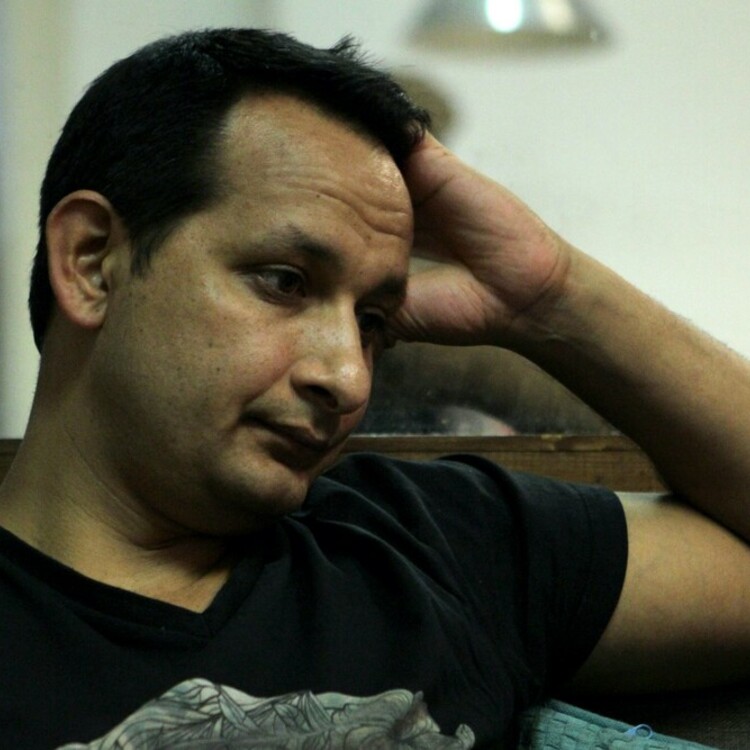
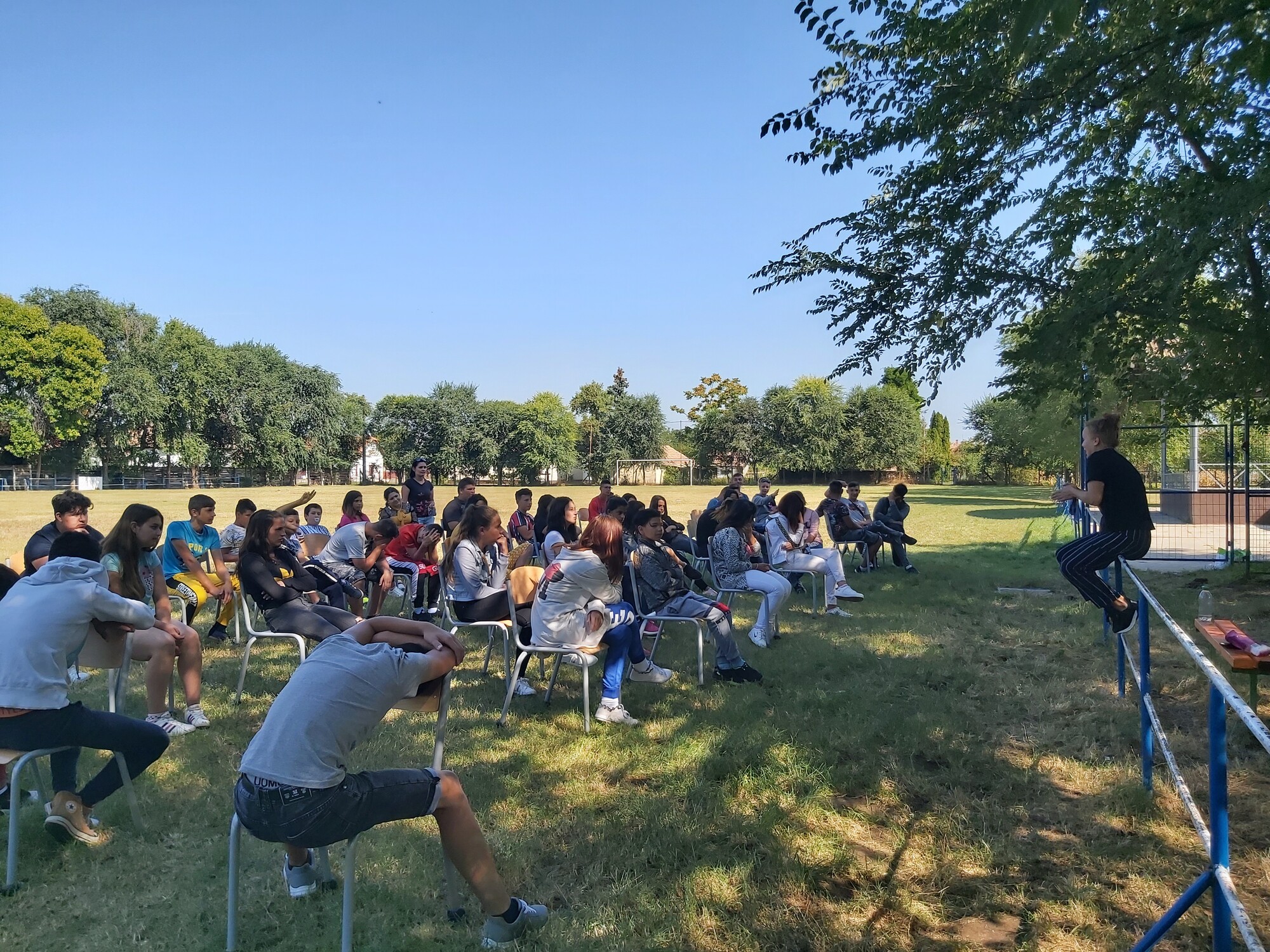
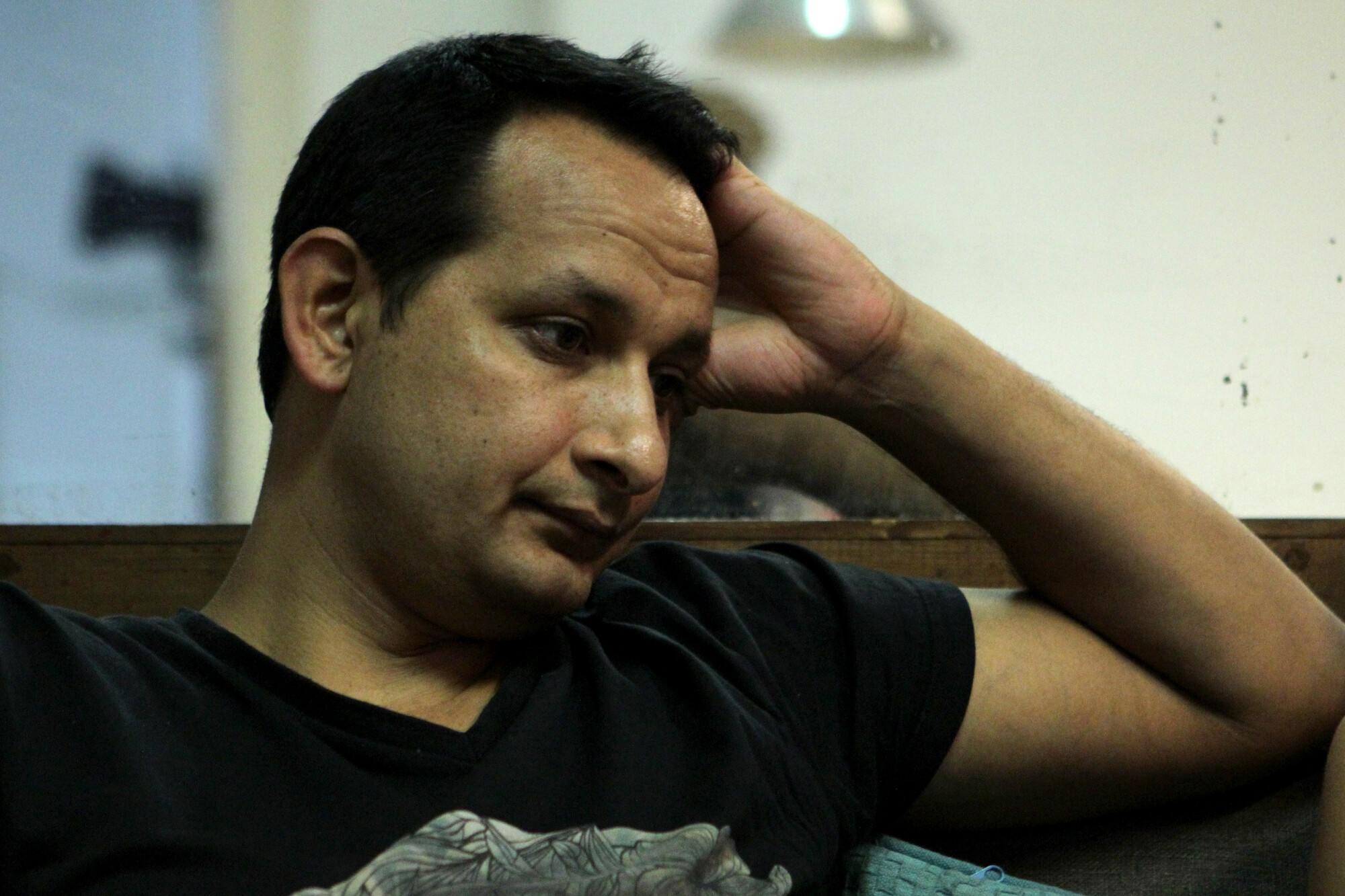
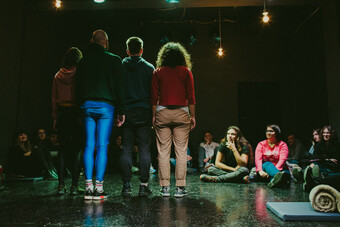

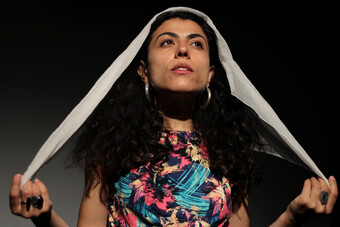

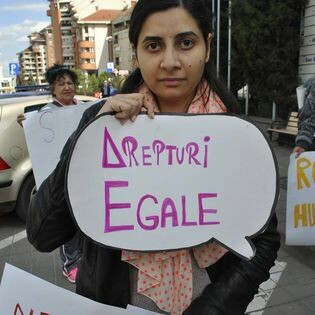

Comments
The article is just the start of the conversation—we want to know what you think about this subject, too! HowlRound is a space for knowledge-sharing, and we welcome spirited, thoughtful, and on-topic dialogue. Find our full comments policy here